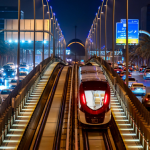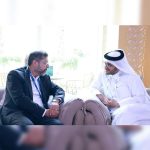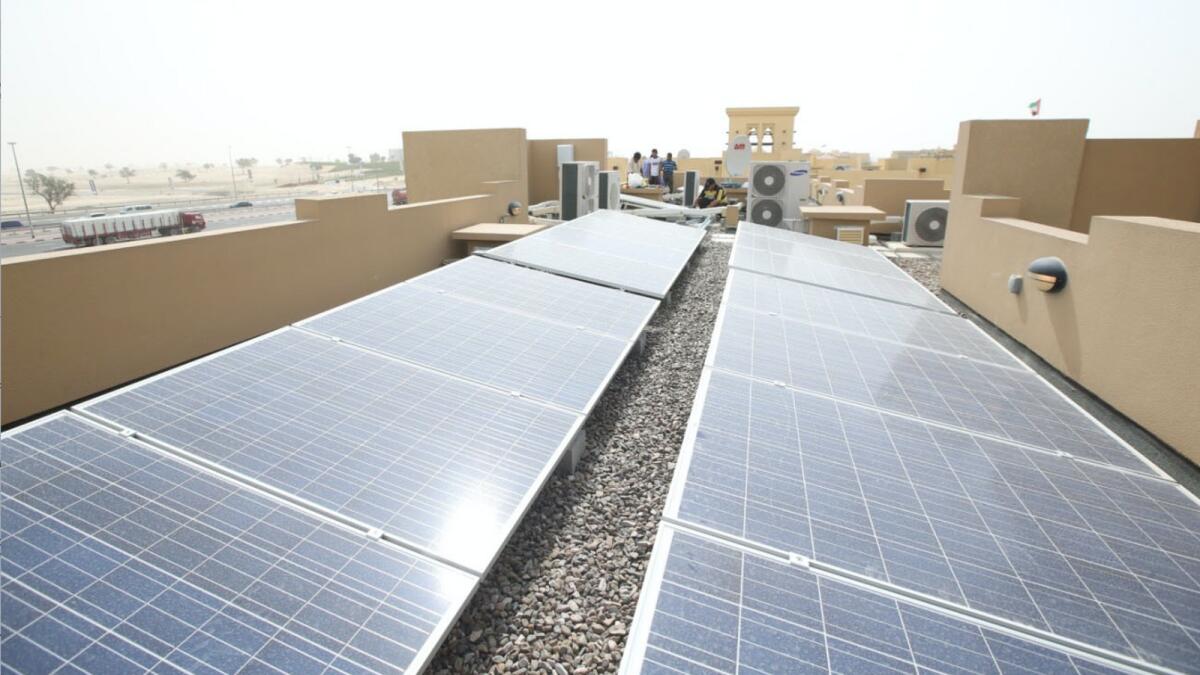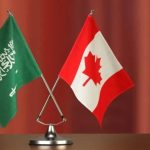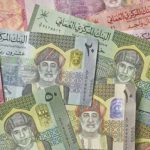Dubai Electricity and Water Authority (Dewa) has successfully attracted projects worth Dh43.6 billion through its Independent Power and Water Producer (IPWP) model over the past decade. Saeed Mohammed Al Tayer, the MD & CEO of Dewa, revealed that the IPWP model was developed by incorporating the best international experiences and practices, tailored to meet the requirements of Dubai and its legislative and technical environment. This model has fostered partnerships between the government and private sectors, resulting in Dubai achieving the lowest Levelised Cost Of Energy (LCOE) in the world for solar energy projects and establishing itself as a global benchmark in terms of solar energy prices.
The regulatory and legislative frameworks in Dubai have enabled the private sector to actively participate in energy generation projects, attracting international investors and developers to partake in the Mohammed Bin Rashid Al Maktoum Solar Park projects implemented by Dewa under the IPP model. These IPWP projects support Dubai’s Economic Agenda D33, which aims to double the size of the city’s economy over the next decade and solidify its position among the top three global cities. They are also in alignment with Dubai Clean Energy Strategy 2050 and Dubai Net Zero Carbon Emissions Strategy 2050, with the goal of achieving 100% of energy production capacity from clean energy sources by 2050.
Dubai has secured its position as a highly favorable business environment for investors, retaining its status as the world’s leading hub for foreign direct investment (FDI) for the third consecutive year, with over Dh39.2 billion in total FDI capital attracted in 2023, creating around 45,000 job opportunities. Dewa’s key IPP projects include the Mohammed Bin Rashid Al Maktoum Solar Park, anticipated to become the largest single-site solar park globally with a planned production capacity of over 5,000MW by 2030 and a total investment of Dh50 billion. The solar park has already seen the inauguration of 5 phases, with the 1,800MW 6th phase currently under implementation, involving major global consortiums led by companies such as ACWA Power and Masdar.
In addition to the solar projects, Dewa is also spearheading the development of the Hassyan Power Complex, a 2,400MW power station fueled by natural gas and utilizing the latest international technologies in energy production. Furthermore, Dewa is undertaking a groundbreaking seawater reverse osmosis (RO) desalination project in Hassyan, capable of producing 180 million imperial gallons per day (MIGD) through the Independent Water Producer model. This project, with an investment of Dh3.4 billion, is the world’s largest of its kind using RO technology under the IWP model, showcasing Dewa’s commitment to innovation and sustainability in addressing water scarcity challenges.
Overall, Dewa’s successful implementation of the IPWP model has not only propelled Dubai to the forefront of the renewable energy sector but has also attracted significant investment, created job opportunities, and contributed to the city’s economic growth and sustainability goals. With a strong foundation laid through strategic partnerships and cutting-edge projects, Dewa continues to drive innovation and excellence in the energy and water sectors, positioning Dubai as a leading global hub for sustainable development and clean energy initiatives.



